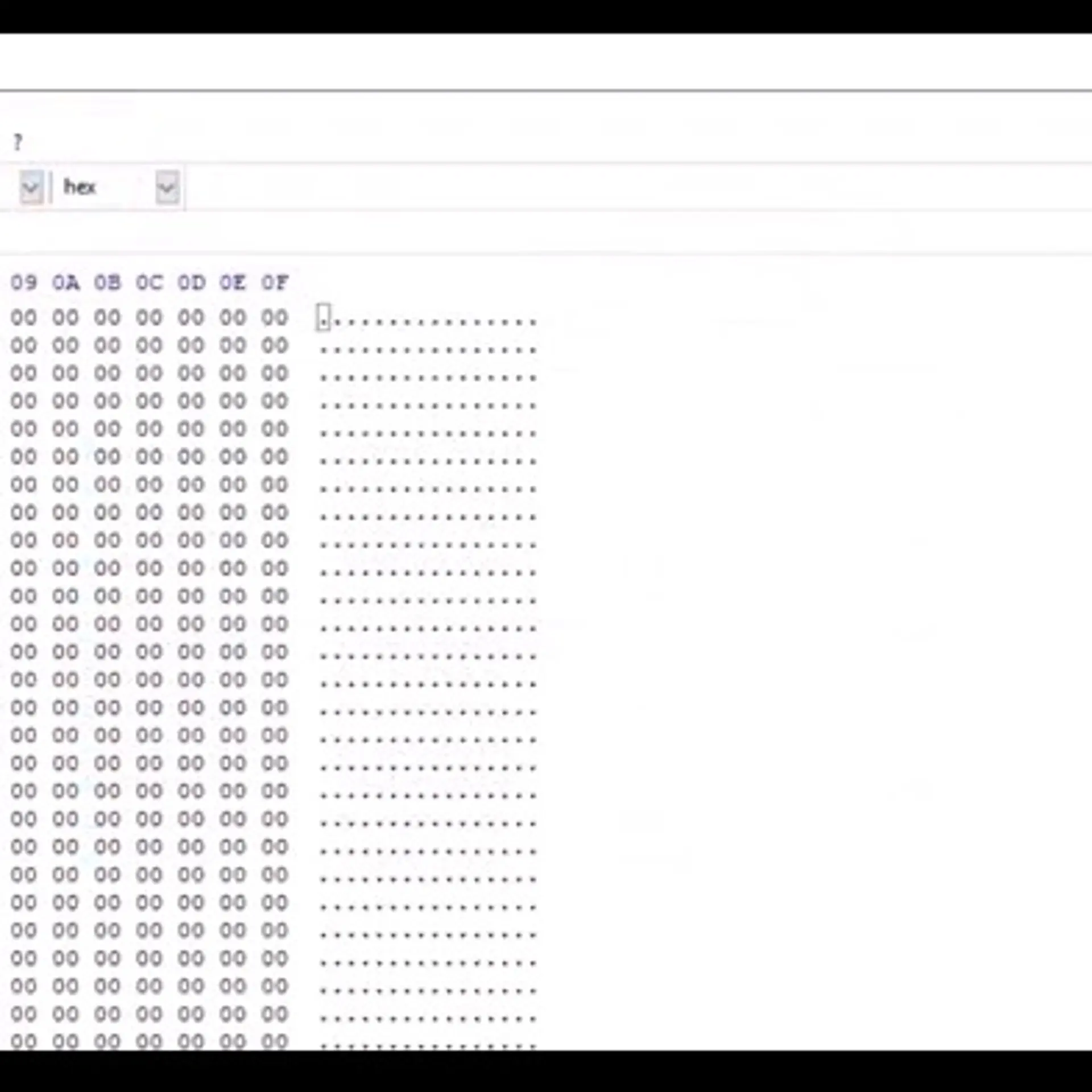

Technology fast becoming key to effectively engaging parents in children’s education

In this day and age, technology is ubiquitous, impacting almost every aspect of our modern lives. Digital devices have become such a huge part of our lives that without them, we would be handicapped one way or other. As people maintain busy schedules, it is technology that is making life much easier plus less time-consuming in every occupational field.
Like most other fields, learning and education are increasingly getting revolutionalized in the digital era. Educational institutions, educators and most importantly parents are realising the benefits that technology offers, to add to the learning experience and development of children. Digital connectivity is known to offer several potential paybacks -- from connecting with peers to accessing educational content. Innovations in digital learning and education technology have been creating myriad opportunities for deeper learning for students ultimately increasing student achievement.
But one of the best uses of technology in recent times has been the fact that digital tools have been helping address the need for parent engagement in kids’ education more deeply and meaningfully. Technology is contributing a great deal in helping parents, teachers and students connect and communicate with each other in a much more effective manner. With busy schedules, many parents find it tough to travel to the children’s schools or coaching classes to find out about the progress of their wards. This is where technology is playing a key role in keeping parents connected and up to date on their child’s progress.
Educational institutions and schools are warming up to the idea of connecting with parents through emails, apps and other mobile devices.
Then, of course, there are several innovative and cutting-edge ed-tech apps that are making a seminal contribution in this area. These apps are fulfilling the push for instant information by helping parents stay involved in tracking their child’s progress, attendance, report card etc at the click of a button. Most importantly, this progress is not limited to the child’s performance in school and all a parent has to do is simply check the app.
In the recent past, India has increasingly moved away from the archaic education system limited to classrooms and quarterly exams to measure the students’ progress. Today India ranks second only after China with 348 million internet users, which is expected to reach about 555.3 million users by 2021. This expansion of technology has further led to the influx and rise of ed-tech companies in India. Ed-tech companies and apps offer parents and children a stress-free environment to study and upskill their knowledge.
What technology is doing here is that it is essentially engaging parents in the lives of their children by helping them track their progress, attendance, report cards etc. This kind of digital media is allowing parents to see what their children are doing, what their academic activities are like and where their learning is focused. It is also giving them ideas on home activities that they can fashion out for their children to extend their learning beyond the classroom.
Most of these apps give a continuously updated real-time digital report to parents on their ward’s progress which facilitates parents in many ways. Typically, schools prefer sharing progress reports after the exams or during PTMs. Because of this occasional reporting structure, there can be gaps in a student’s learning patterns which are identified only much later. In today’s fast-paced learning culture, it becomes difficult to go back and fill these gaps. This means that the actual process of helping a child begins only after the damage has been done. On the other hand, technology via ed-tech apps helps provide a regular progress card for the child from time to time. This assists parent as well as tutors to intervene when the need actually arises for the child to receive attention. Also, parents can take a look at the study material completed, tests were taken and other activities that a student undertakes.
The benefits are tremendous. For instance, some new age-ed tech platforms allow parents to find certified, competent and tested tutors with just one simple click. They also provide for parents to continuously monitor their child’s report card which gives them a complete lowdown on how the child is coping academically.
The upside is that this helps in early diagnosis of issues in terms of whether a child is getting stuck in a particular subject or topic which can be identified at the right time and the child can be coached to overcome difficulties.
There is another side to the coin as well. When children know that their parents can access their report cards and progress, it may give them great motivation to perform well because they now know that their parents can see all the hard work they put into studies. The biggest plus is that all this information is available anywhere, anytime to parents in a simple, easy-to-follow format that can be instantly accessed on mobile devices.
The point is that learning does not start and end with the school hours or during private tutoring hours. It is an ongoing process in a child’s life. Therefore, like educators, parents too play a crucial role in improving the child’s learning patterns.
Technology is helping parents effectively and consistently communicate with teachers or tutors, is keeping them engaged in the child’s education and updated on his or her accomplishments and challenge areas.
Technology has permeated almost every level of learning and it is imperative that it is recognised as an essential tool of modern-day education. It is now up to parents how they wish to leverage technology to become an important part of their child’s life and keep pace with his or her academic progress.






